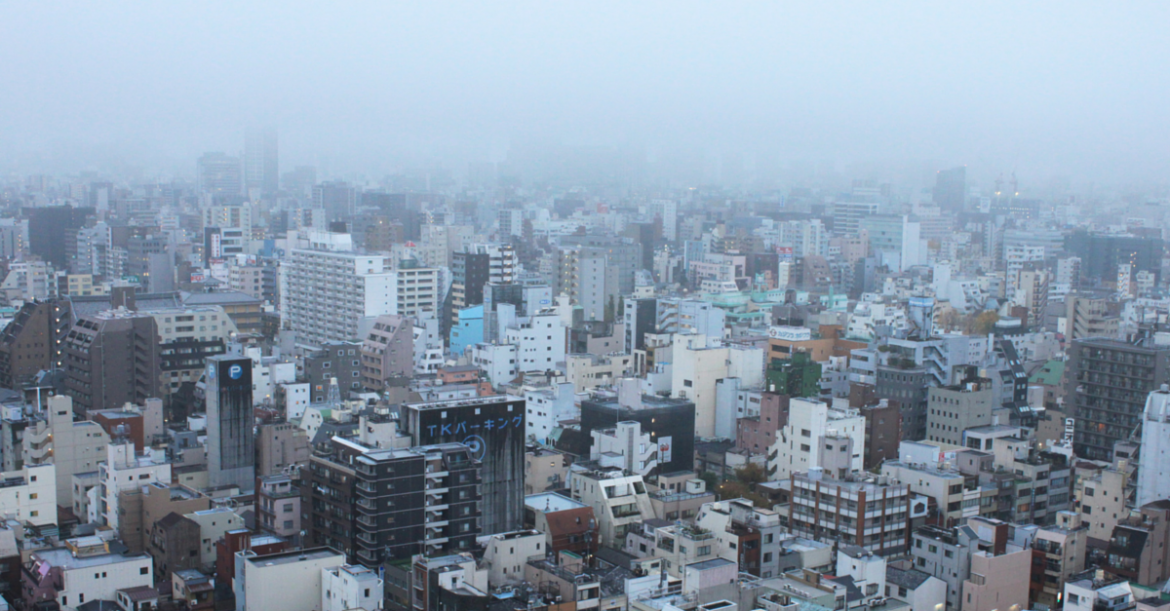Like most people who have asthma, I’ve learned how to manage it by avoiding triggers and finding medicine that works for me. I know what causes a flare up and what to do if a problem arises. However there are factors – such as air pollution – that are sometimes simply out of my control.
According to American Academy of Allergy Asthma and Immunology, about 25 million people have asthma, a chronic inflammatory disease of the airways. There is no cure for asthma but it can be controlled with proper medications and by avoiding known triggers, which is anything that can cause your airways to become constricted, make your chest feel tight, cause coughing and wheezing and lead to a full-blown asthma attack. Everyone’s triggers are different and they can vary from tobacco smoke, having a cold or flu, exercise and air pollution.
According to the Environmental Protection Agency (EPA), there are two types of air pollutants that can trigger asthma – ground level ozone and particle matter. The first offender is found in smog and is produced when pollutants emitted from cars, power plants, industrial boilers and chemical plants react with sunlight. Ground level ozone is more common during the hot summer months and in the mid-late afternoon; think of the smog in Los Angeles during rush hour on a hit summer day.
Particle matter can be a number of pollutants in the air like dust, soot, diesel and aerosols that are found in haze, smoke and dust. Particle size is directly linked to how harmful they are to ones health. The EPA states that particles smaller than 10 micrometers in diameter can get deep into lungs and trigger asthma symptoms.
When it comes to air pollution, there are some areas of the country that are worse off than others. The American Lung Association’s 2013 State of the Air report shows that Los Angeles has the worst ground level ozone, with other cities like Las Vegas coming in at 16 and New York ranking 17, and Bakersfield, CA has the worst particle pollution.
So what are you supposed to do if you have asthma and are exposed to air pollution, especially if you are living in one of the above-mentioned cities? Luckily there are a few things you can do to help prevent it from triggering your asthma symptoms:
– Understand what your asthma triggers are
– Limit your exposure to air pollution by regularly checking the EPA’s Air Quality Index at http://www.airnow.gov
– On bad air quality days, limit your time outdoors
– Switch up your exercise routine accordingly. If it’s a bad air quality day exercise indoors and since ground level ozone is more prevalent on hot summer days in the afternoon, run first thing in the morning
– Avoid exercise near high traffic areas
– Keep your inhaler on you at all times when the air quality is poor
For more information about how air pollution can effect people with asthma, visit the EPA’s website and the American Lung Association’s website.
 Food
Food Farmers
Farmers Sustainable Living
Sustainable Living Living Planet
Living Planet News
News